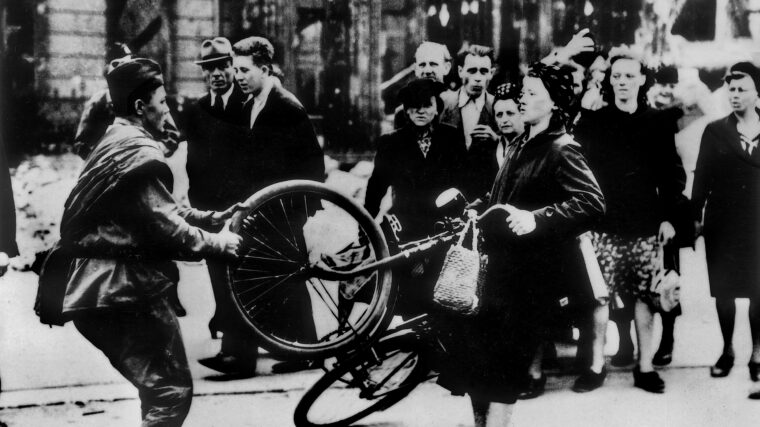
Joseph Stalin
Wretched Misconduct of the Red Army
By Martin K.A. MorganThe vast Soviet War Memorial in Berlin’s Treptower Park commemorates 5,000 Red Army soldiers who fell in battle in the city in April and May 1945. Read more

Joseph Stalin
The vast Soviet War Memorial in Berlin’s Treptower Park commemorates 5,000 Red Army soldiers who fell in battle in the city in April and May 1945. Read more
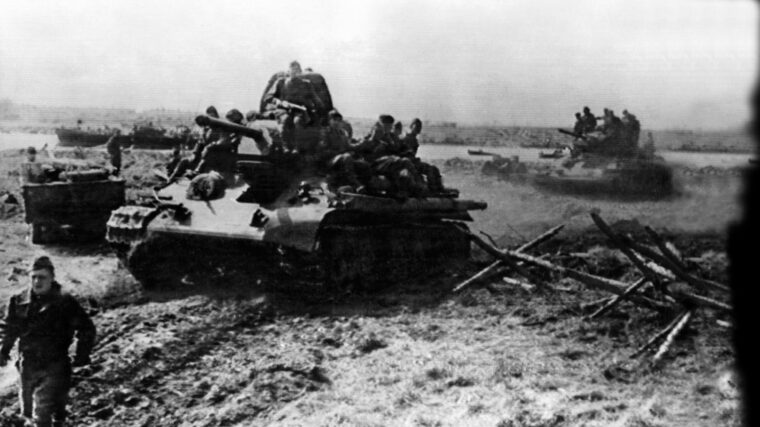
Joseph Stalin
In 1941, Finland joined Nazi Germany in its attack on the Soviet Union, resulting in the third war with its giant eastern neighbor in 23 years. Read more
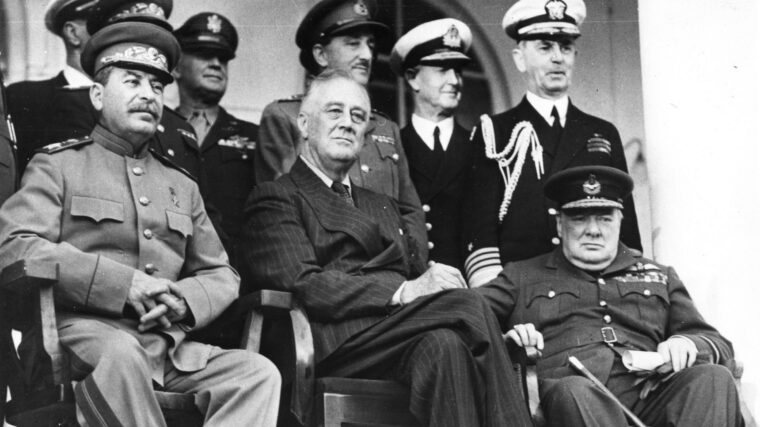
Joseph Stalin
In German it was called Operation Rösselsprung, which translates to “Long Jump.” Its goal was to kill or kidnap the Allies’ “Big Three” leaders––Soviet Premier Josef Stalin, British Prime Minister Winston S. Read more
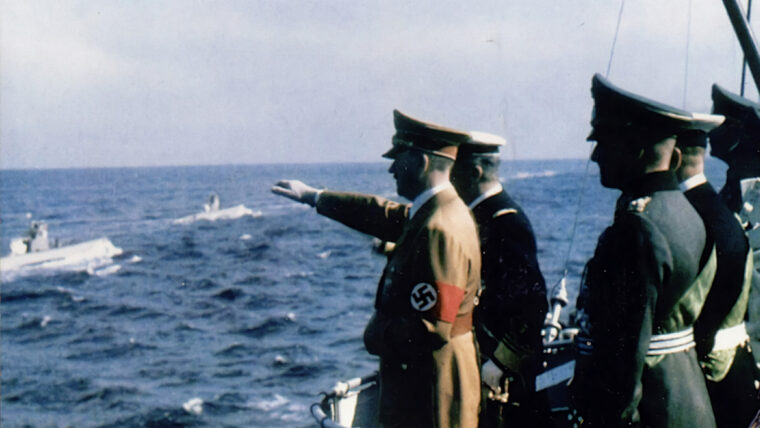
Joseph Stalin
The career of Admiral Nicholas Horthy spanned not only two world wars, but also stretched across the decades from the age of sail to atomic-powered submarines. Read more
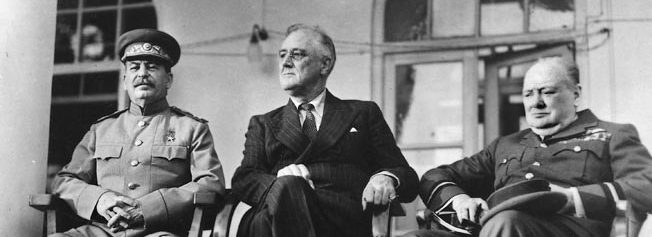
Joseph Stalin
World War II made a disparate trio of allies —British Prime Minister Winston Churchill, Soviet Marshal Joseph Stalin, and American President Franklin D. Read more
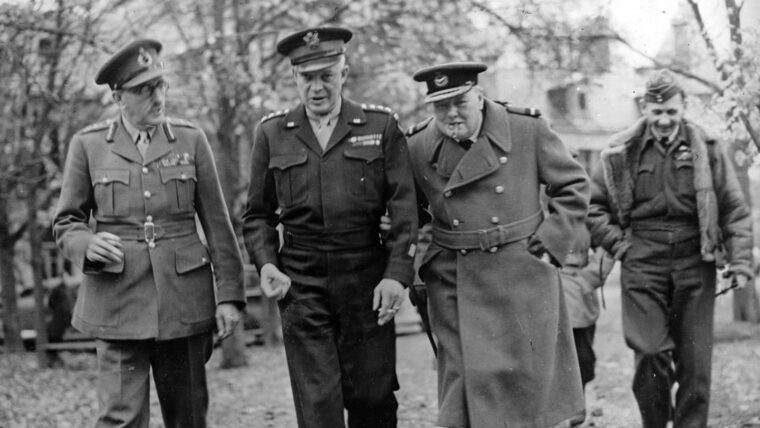
Joseph Stalin
British historian Alan Clark wrote in his book Barbarossa, “Roosevelt’s betrayal of Eastern Europe, whether out of calculation or gullibility, is so notorious as to need no further recapitulation.” Read more
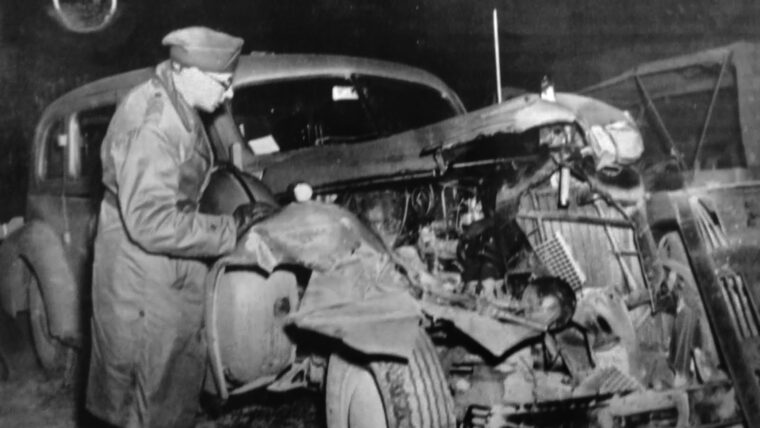
Joseph Stalin
When one thinks about the major conspiracy theories of the post-World War II era, one is drawn to the assassinations of President John F. Read more
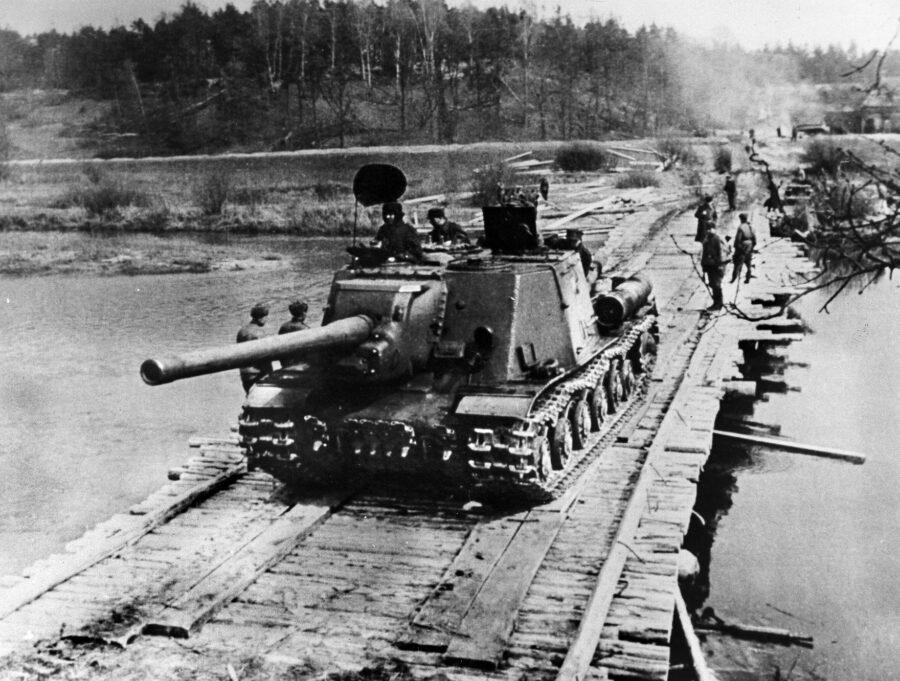
Joseph Stalin
The officers huddled in a candlelit cellar in an abandoned farmhouse midway between the Oder River and Berlin. Read more
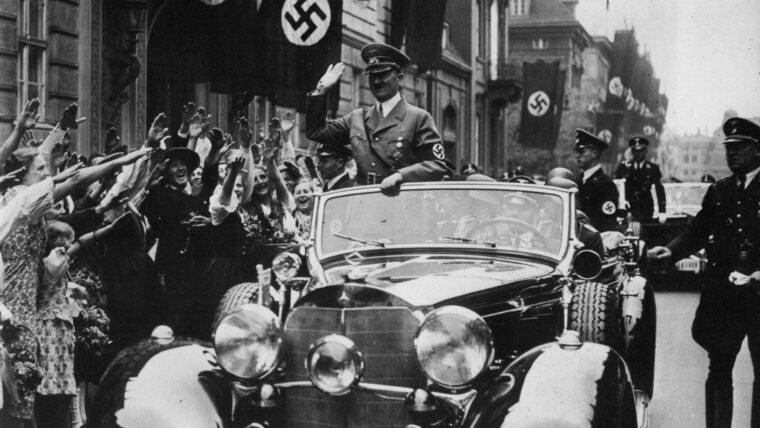
Joseph Stalin
Few would argue that Daimler-Benz is one of the most prominent and highly regarded motor vehicle manufacturers in automotive history. Read more
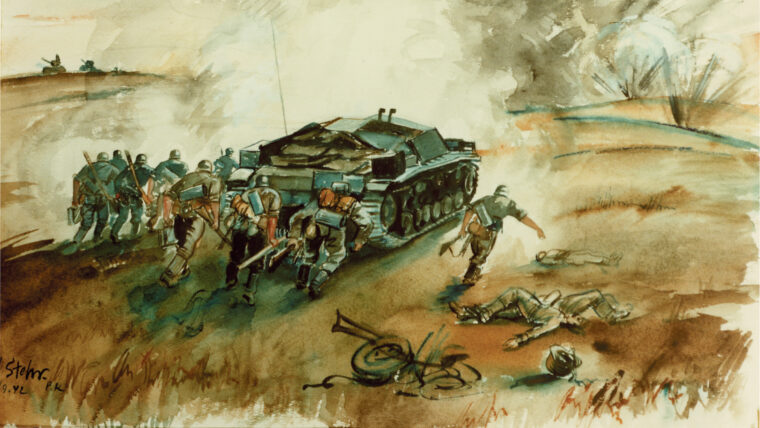
Joseph Stalin
During the winter of 1941, both the Red Army and the German Wehrmacht experienced a terrifying bloodletting. Adolf Hitler’s seemingly invincible armies, having advanced hundreds of miles inside the Soviet Union, were slowed by the October muddy season that had turned all but a few roads into almost impassible quagmires. Read more
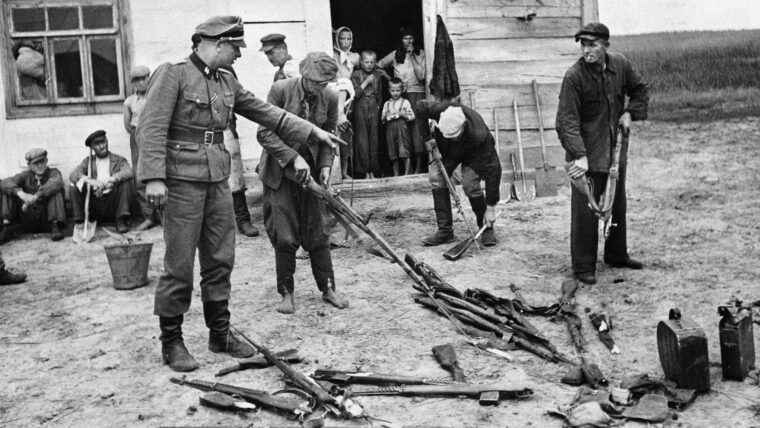
Joseph Stalin
The concept of Soviet partisans participating in Russia’s wars was nothing new in 1941. During Napoleon’s invasion of the country in 1812, small bands of civilians harassed the French and their allies both before and after the retreat from Moscow. Read more
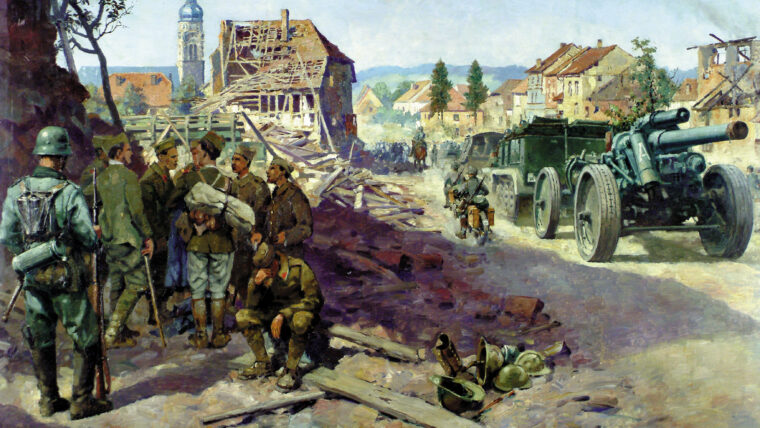
Joseph Stalin
Andrei Andreievich Vlasov, one of Soviet dictator Josef Stalin’s favorite generals, played a key role in saving Moscow from Adolf Hitler’s armies during the winter of 1941-1942. Read more
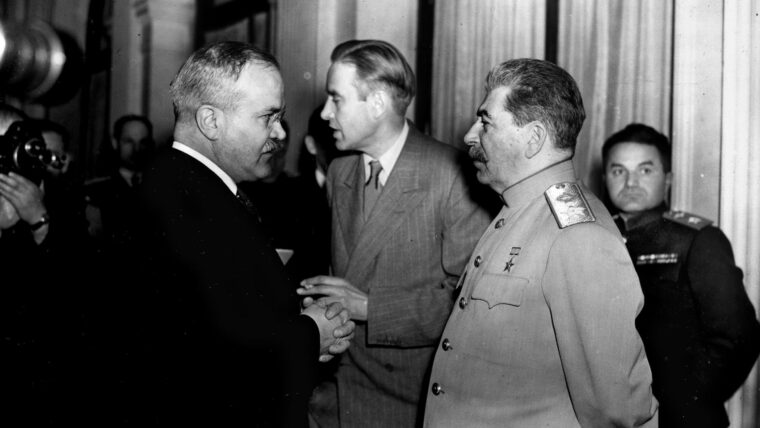
Joseph Stalin
The arrival of Vyacheslav M. Molotov, the People’s Commissar for Foreign Affairs of the Soviet Union, in Berlin on a rainy November 12, 1940, was a solemn, strained occasion. Read more
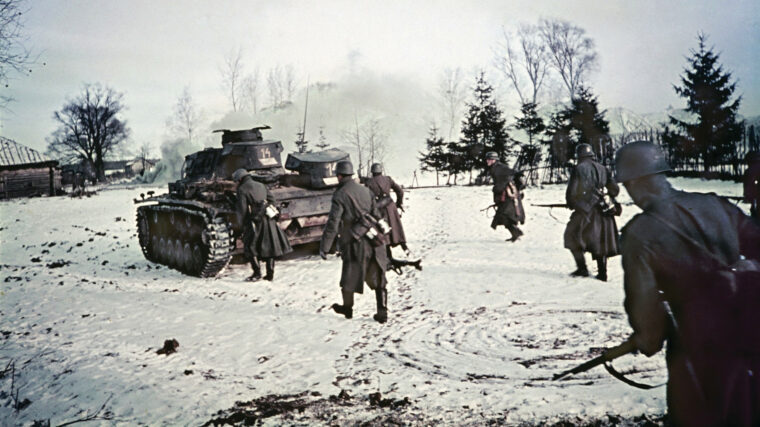
Joseph Stalin
In 1976, the Soviet city of Tula joined an elite group of nine other Soviet communities designated as “Hero Cities.” Read more
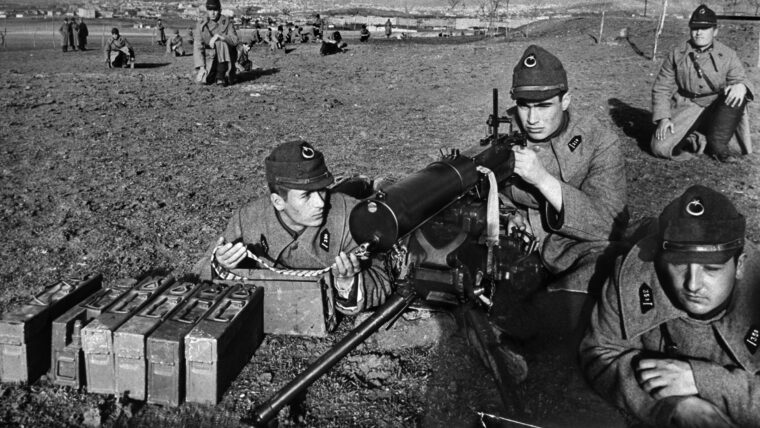
Joseph Stalin
Maybe the Turks were just bad at picking the winning side. In World War I the Central Powers were defeated by the Allies, so in October 1939 they switched to ally with Britain and France. Read more
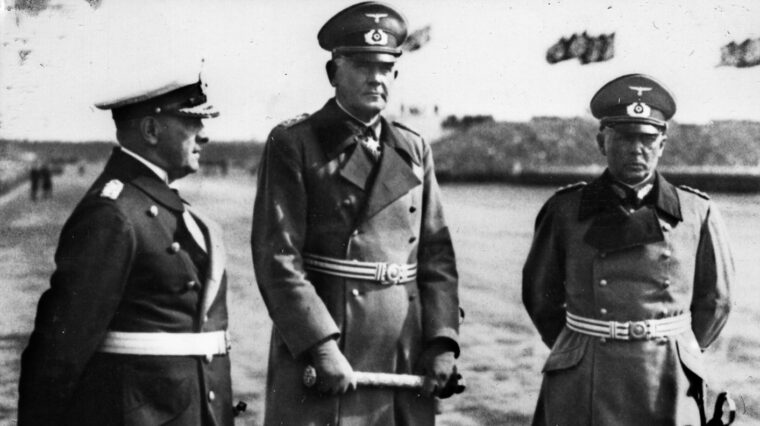
Joseph Stalin
On June 24, 1937, German Minister of War Field Marshal Werner von Blomberg issued a directive marked Top Secret with only four copies to be made, the first for himself and the other three for the heads of the armed forces of the Third Reich. Read more
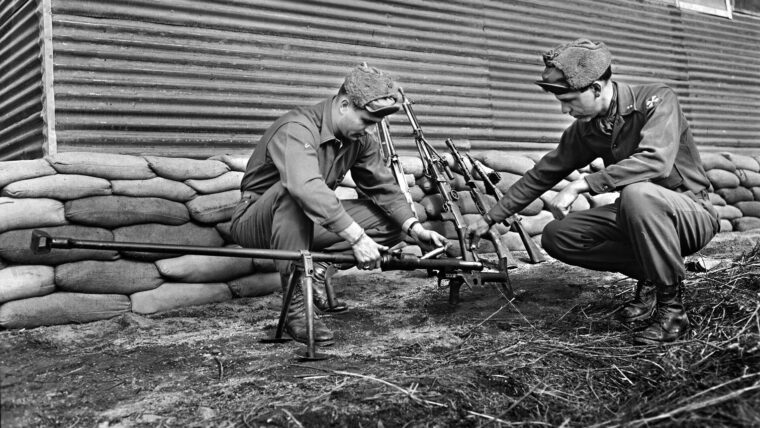
Joseph Stalin
Ever since the tank appeared on the battlefield during World War I, armies the world over have sought to field man-portable infantry antitank weapons to give the infantryman a viable defense against the metal monsters. Read more
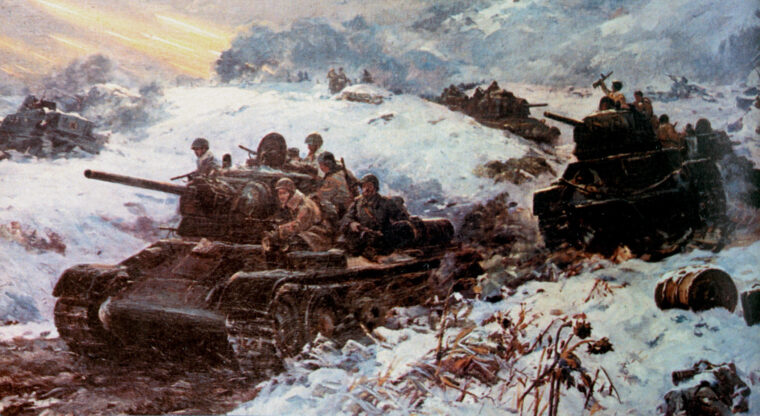
Joseph Stalin
In 1942, careworn Nazi Führer Adolf Hitler lamented to his military intimates at his Wolf’s Lair headquarters near Rastenburg in East Prussia, “If I had known that there were so many of them, I would have had second thoughts about invading!” Read more
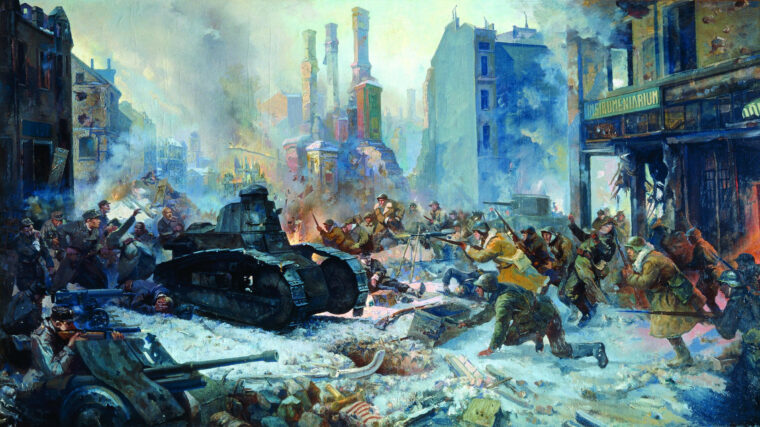
Joseph Stalin
Prior to the Russo-Finnish War, problems were already setting in for Russia and Germany. The hugely cynical German-Soviet nonaggression pact, concluded in August 1939, assigned the Baltic region of eastern Europe to the exclusive sphere of influence of Communist Russia. Read more
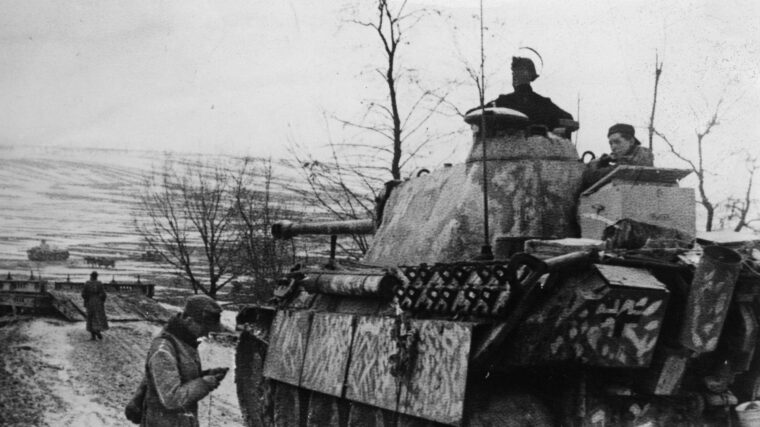
Joseph Stalin
In January 12, 1945, Adolf Hitler received the news he had been dreading—the Soviet Red Army had launched its winter offensive. Read more